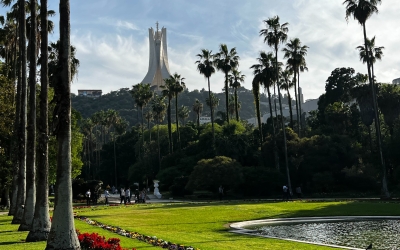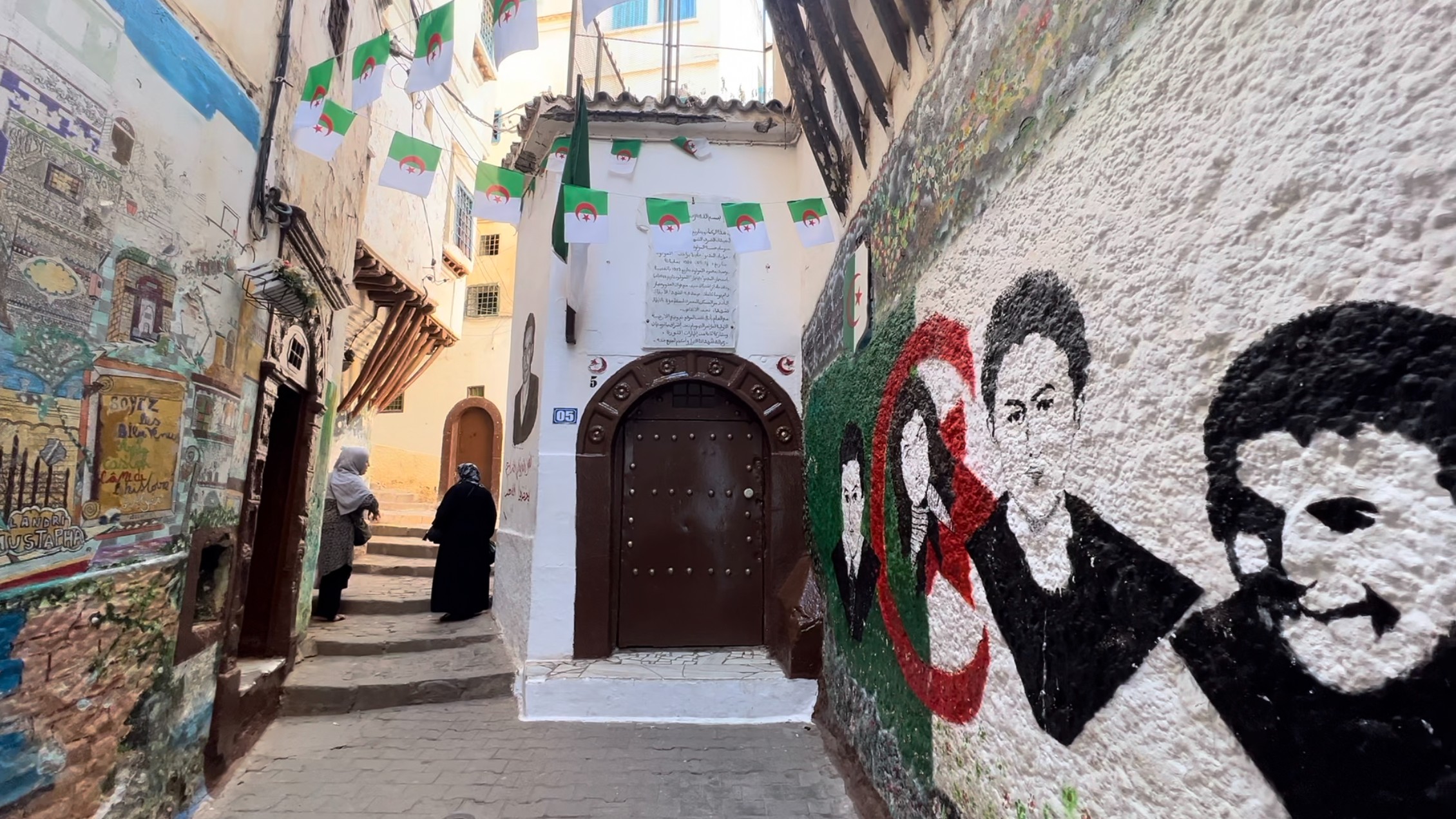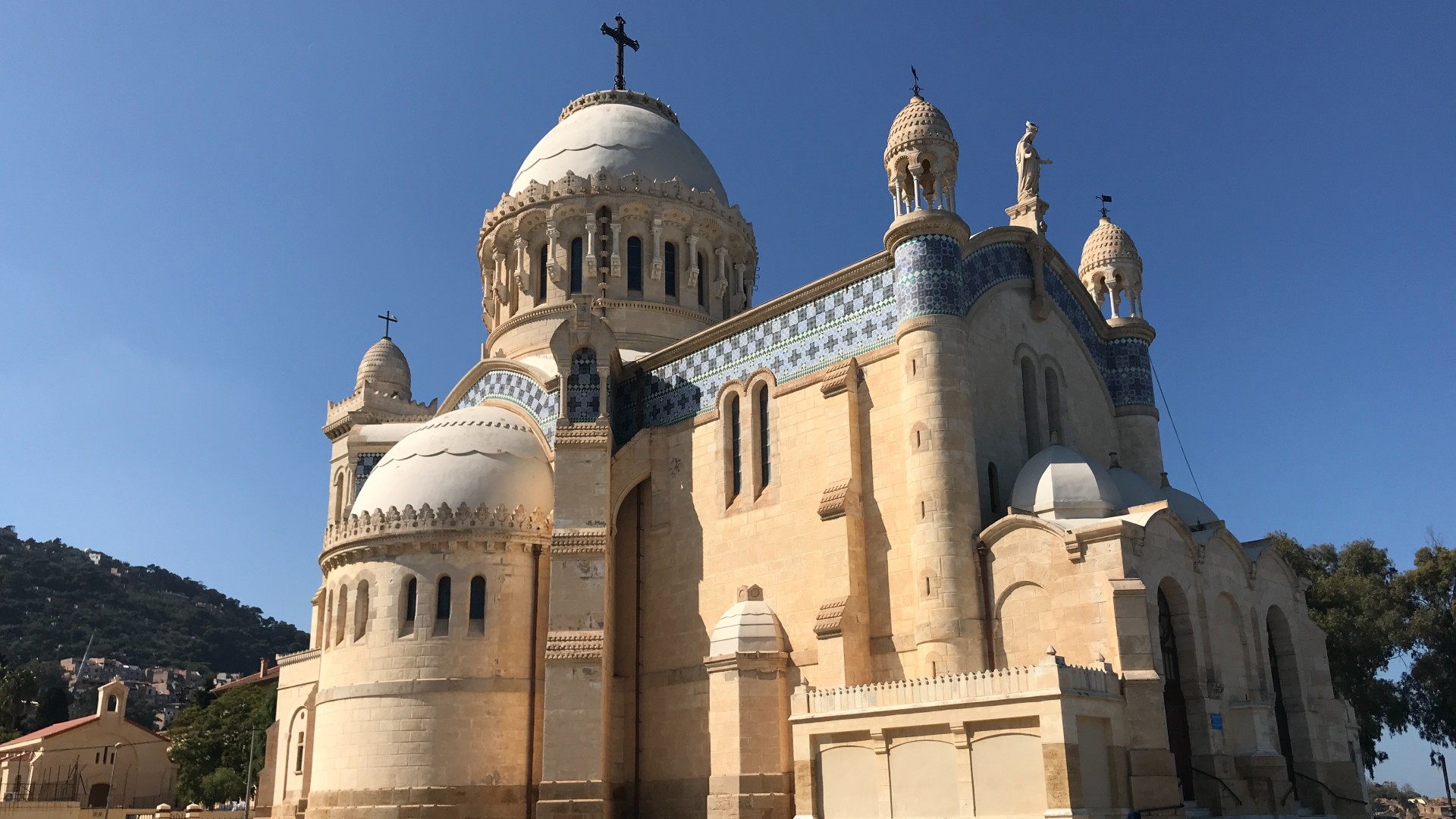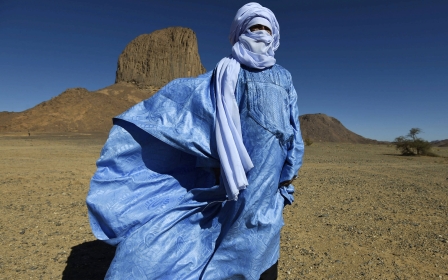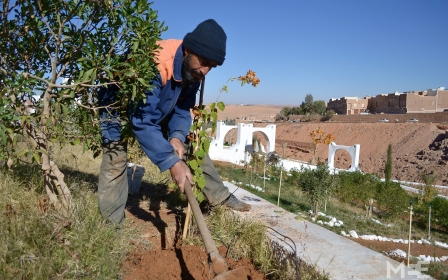The other jewel of the Mediterranean: Why Algeria is in no rush to attract tourists
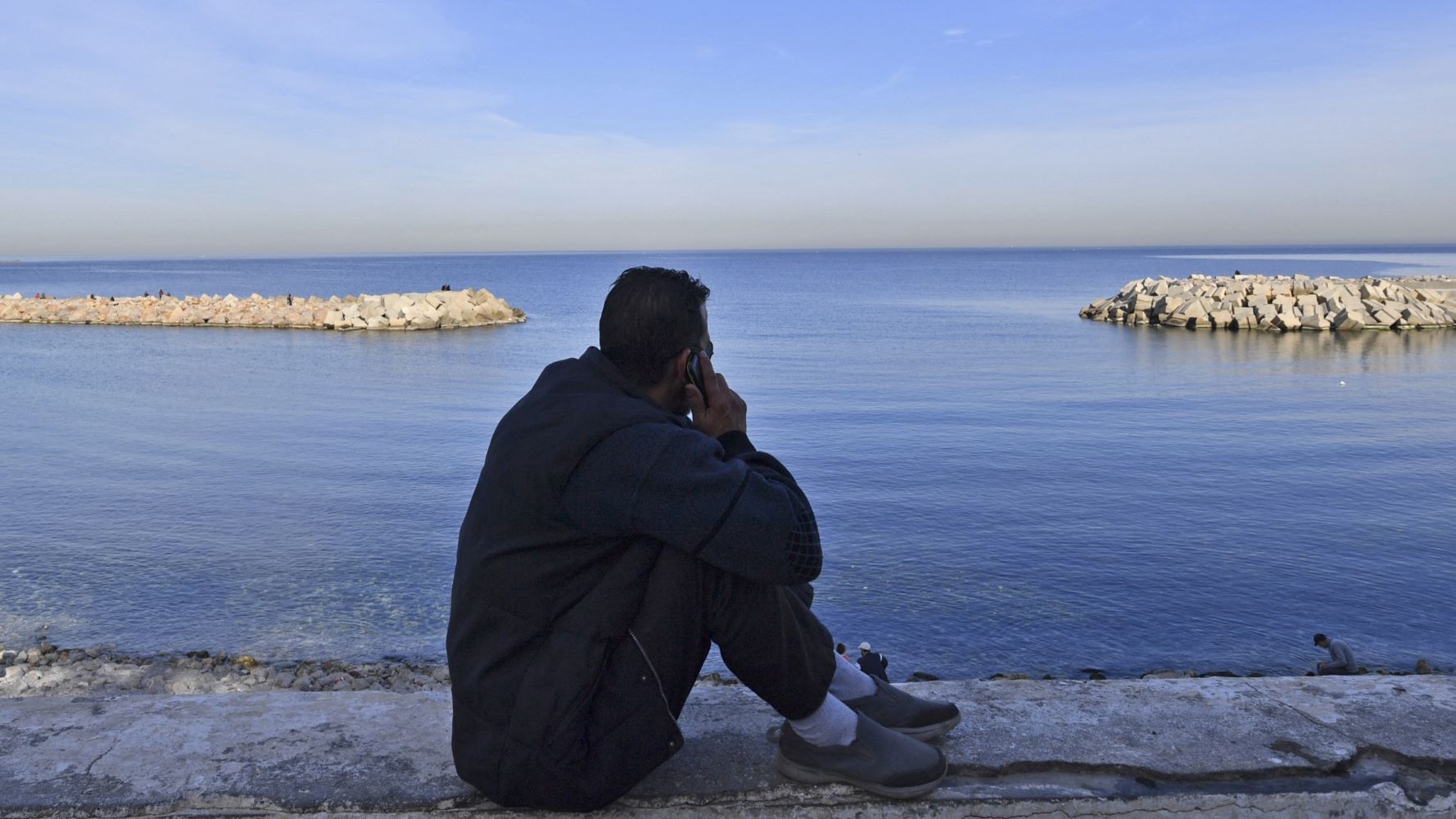
I travel a lot, and whenever I arrive in a new country, my biggest concern after physical safety is the fear of getting ripped off.
This is especially true when I visit popular tourist destinations.
It is not out of disdain for local hawkers, believe me. I actually empathise with them. Everyone has to make a living.
That is why I avoid haggling altogether as long as I think the price is fair.
But there is one country where that fear of overpriced tours or souvenir trinkets never crosses my mind: my homeland of Algeria.
New MEE newsletter: Jerusalem Dispatch
Sign up to get the latest insights and analysis on Israel-Palestine, alongside Turkey Unpacked and other MEE newsletters
As a native, I have found that Algerian hawkers, unlike those elsewhere in the world, seem uninterested in extracting as much money as possible from those ignorant of the true value of their wares.
For a long time, I thought this only applied to Algerians, given the scarce number of tourists flocking to the country.
But I recently discovered from a Qatari acquaintance, a well-travelled adventurer who has already criss-crossed a third of the world on his motorbike, that this holds true for others as well.
“In a well-known neighbouring country, I was charged $200 for a two-hour-long safari that culminated in a modest dinner feast,” he said diplomatically.
“And here, I was in the middle of nowhere, negotiating a two-day trip from Tamanrasset to Djanet with Tuareg tribesmen who feared that the cost might be too high - only to be told that it would set me back just $70.”
Given how cheap such activities are compared to other countries and the abundance of things to do in Algeria, such as visiting pristine beaches, the ruins of old empires or enjoying the urban cafe culture, why is the country not considered a major tourist destination?
Is Algeria just plain bad at “doing” tourism?
My own experiences mirror those of my Qatari friend.
Once, I was reprimanded by a taxi driver in Algiers for trying to tip him - an affront to his pride, apparently.
Another time, I had to insist on paying a waiter for a second coffee in the famous seaside town of Tipaza, known for its Roman ruins.
On another occasion, one I still struggle to make sense of, I saw a tour guide insist on footing the bill for drinks and dessert in the historic Kasbah district. The cost exceeded the price of the tour itself.
Visa troubles
I could continue to recall many more anecdotes, but the point is clear from my experience: making money off foreigners looking to explore Algeria is not a national forte.
This is reflected in the country’s policy towards tourists and tourism in general.
Until recently, getting issued a tourist visa for Algeria was a Kafkaesque quest with no guarantee of success.
A friend of mine who received her visa had it revoked by the consulate in New York a week before her trip.
Wanting to visit the famous Jardin d'Essai in the capital, Algiers, or catch a glimpse of the iconic Martyrs Memorial are not considered good enough reasons to visit.
Consular officials want a “legitimate” reason for your presence in Algeria, such as attending a friend’s wedding or visiting a relative.
If you have the misfortune of working in media or journalism, you might as well put away your passport and not bother applying.
The difficulty of acquiring a visa stems from a policy of national pride.
After its independence in 1962, Algeria adopted a strict policy of reciprocity regarding visas.
The reason for the difficulty in acquiring a visa stems from a policy of national pride
If an Algerian needed a visa to travel to Sweden, then a Swede would need one to visit the North African country.
This approach contrasts sharply with neighbouring countries, which invested heavily in the tourism sector and reaped great success.
Tourism in Tunisia and Morocco accounts for roughly 4.5 and 7 percent of their respective GDPs. In Algeria, that number drops to 0.043 percent.
Given the success of other countries in the region, it is fair to attribute Algeria’s lack of tourism to its visa policies.
As a result, Algeria is a nation known for its reclusiveness as much as for its cultural and geographic diversity.
The notion that a country would deliberately shut itself off from the rest of the world seems absurd, especially in this age of globalisation.
Yet, this perception has been hammered into the minds of foreigners for a long time and is quite possibly the biggest deterrent to them flocking to the country.
Legacy of colonialism
Do Algerians care? Not really, and psychology may help the layperson understand their mindset.
As a country located at the crossroads of several civilisations, Algeria has had its fair share of foreign occupiers - from the Phoenicians to Romans, Vandals and Byzantines, Arabs and Ottomans to, most recently, the French.
The last of these occupiers only left after a brutal war that killed more than a million and a half Algerians.
During a century of French rule, native Algerians were second-class citizens in their own country, denied the same rights as European settlers.
The struggle and eventual victory against occupation are integral to Algerian identity, a source of both historical trauma and national pride.
Morocco and Tunisia may have tourists, but they lack the beefy natural resources of the neighbour between them
It is no surprise, then, that Algerians look at outsiders with some degree of skepticism.
The other, less romantic factor is the economy.
Morocco and Tunisia may have tourists, but they lack the beefy natural resources of the neighbour between them.
Algeria’s vast oil and gas reserves make it less dependent on foreign currency brought by tourists, supporting its policy of reclusiveness.
One source familiar with the modus operandi put it bluntly: “You ask a homeless person how much he has got in his wallet, and he will gladly oblige. You try doing that with someone that is well off and see how that goes.”
There are, however, signs of change.
Algeria announced last year that it waived visa requirements for tourists visiting its southern provinces.
Yet, this announcement also reflected its wariness of visitors by excluding the country’s population centres in the north.
While this decision is great for backpackers eager to explore the vast desert expanses, those looking to bask in the high life along Algeria’s 2,000km coastline will have to wait a little longer.
Middle East Eye delivers independent and unrivalled coverage and analysis of the Middle East, North Africa and beyond. To learn more about republishing this content and the associated fees, please fill out this form. More about MEE can be found here.


